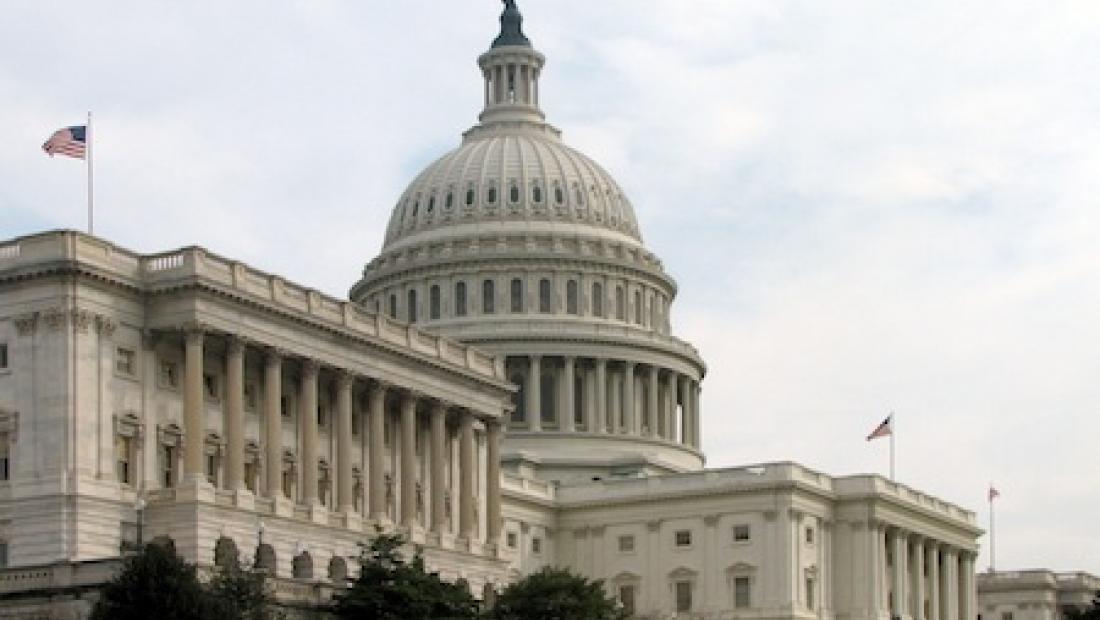IP Coalition Gives Hill Some Help on Priorities

The smarter way to stay on top of broadcasting and cable industry. Sign up below
You are now subscribed
Your newsletter sign-up was successful
An eclectic coalition of over 70 chambers of commerce, limited government groups and others have sent an open letter to the new Congress with their priorities for protecting intellectual property as they consider any changes or updates to current law.
Among the key takeaways are that IP rights are fundamental property rights that deserve the same respect as physical property.
That has been one of the IP challenges of a digital age where a new generation, or two, has grown up on free, ubiquitous, content that is easy to copy and distribute and which they view as theirs to share widely.
Other guidelines include that strong IP protections promote free speech and expression, job growth and economic competitiveness, and are integral to consumer protection and national security.
For example, they point out, "one-third of websites offering stolen movies and television shows were found to contain malware, putting consumers at risk of identity theft, credit card fraud, and more."
They argue that baking IP protections into international trade agreements is necessary given that many other governments "look the other way" when it comes to IP theft, or affirmatively sanction it.
Not surprisingly the limited-government groups argue for "private sectory, voluntary initiatives" to tackle illegal content.
The smarter way to stay on top of broadcasting and cable industry. Sign up below
"We encourage you to consider these guidelines as you review and discuss existing laws and regulations governing IP," they wrote. "The Founding Fathers understood that by protecting the proprietary rights of artists, authors, entrepreneurs, innovators, and inventors, they were promoting the greater public welfare. The continued protection of these fundamental rights is essential to American innovation and competitiveness."
Coalition members include the Multicultural Media, Telecom and Internet Council, Information Technology and Innovation Foundation, and Americans for Tax Reform.
On the other side of the issue, or at least on a different side, are groups like Public Knowledge, which argue against overprotection of IP if that means discouraging or limiting fair uses.
Contributing editor John Eggerton has been an editor and/or writer on media regulation, legislation and policy for over four decades, including covering the FCC, FTC, Congress, the major media trade associations, and the federal courts. In addition to Multichannel News and Broadcasting + Cable, his work has appeared in Radio World, TV Technology, TV Fax, This Week in Consumer Electronics, Variety and the Encyclopedia Britannica.

